Dehydrated vegetables retain much of their original flavor, aroma, and nutritional value, making them a practical alternative to fresh vegetables, especially in situations where fresh produce is not readily available or practical.
These dehydrated vegetables come in various forms, including flakes, slices, dices, and powders, and they can be rehydrated by soaking in water or added directly to dishes during cooking. They offer a convenient way to add vegetables to soups, stews, casseroles, sauces, and other recipes, providing both flavor and nutritional benefits.
Dehydrated vegetables are known for their long shelf life when stored in a cool, dry place, making them a pantry staple for camping, hiking, emergency food supplies, and everyday cooking. They offer the convenience of having vegetables on hand year-round without the risk of spoilage, contributing to a more sustainable and resilient food system.
Technical Specifications
- Moisture Content: Typically between 2% to 8%, depending on the type of vegetable and the dehydration process used.
- Particle Size: Varies based on the desired application, ranging from fine powders to larger flakes or slices.
- Color: Retains the natural color of the fresh vegetable, although some slight color changes may occur during the dehydration process.
- Texture: Generally retains a firm texture after dehydration, but this can vary depending on the vegetable and dehydration method.
- Packaging: Available in various packaging formats including bulk bags, vacuum-sealed pouches, or jars.
- Shelf Life: Long shelf life when stored in a cool, dry place, typically ranging from 6 months to 2 years or more.
- Processing: Dehydrated vegetables are typically produced using methods such as air drying, freeze drying, or vacuum drying to remove moisture while preserving flavor and nutrients.
- Nutritional Content: Dehydrated vegetables retain much of their original nutritional value, including vitamins, minerals, and dietary fiber, although some nutrients may be lost during the dehydration process.
- Microbiological Specifications: Dehydrated vegetables should meet microbiological safety standards to ensure they are free from harmful bacteria, molds, and other contaminants.
- Storage Conditions: Store in a cool, dry place away from direct sunlight and moisture to maintain quality and shelf life.
Packaging Details


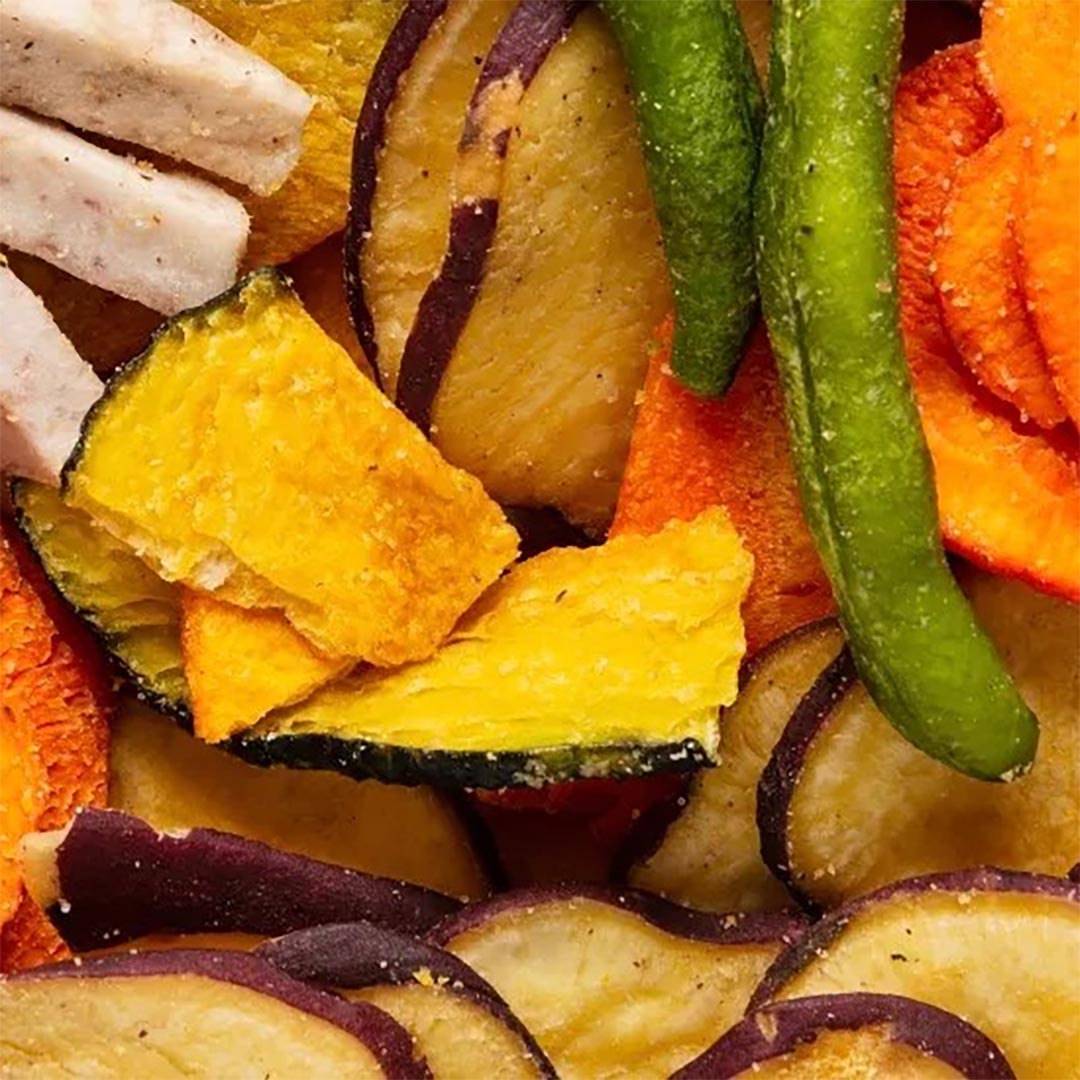
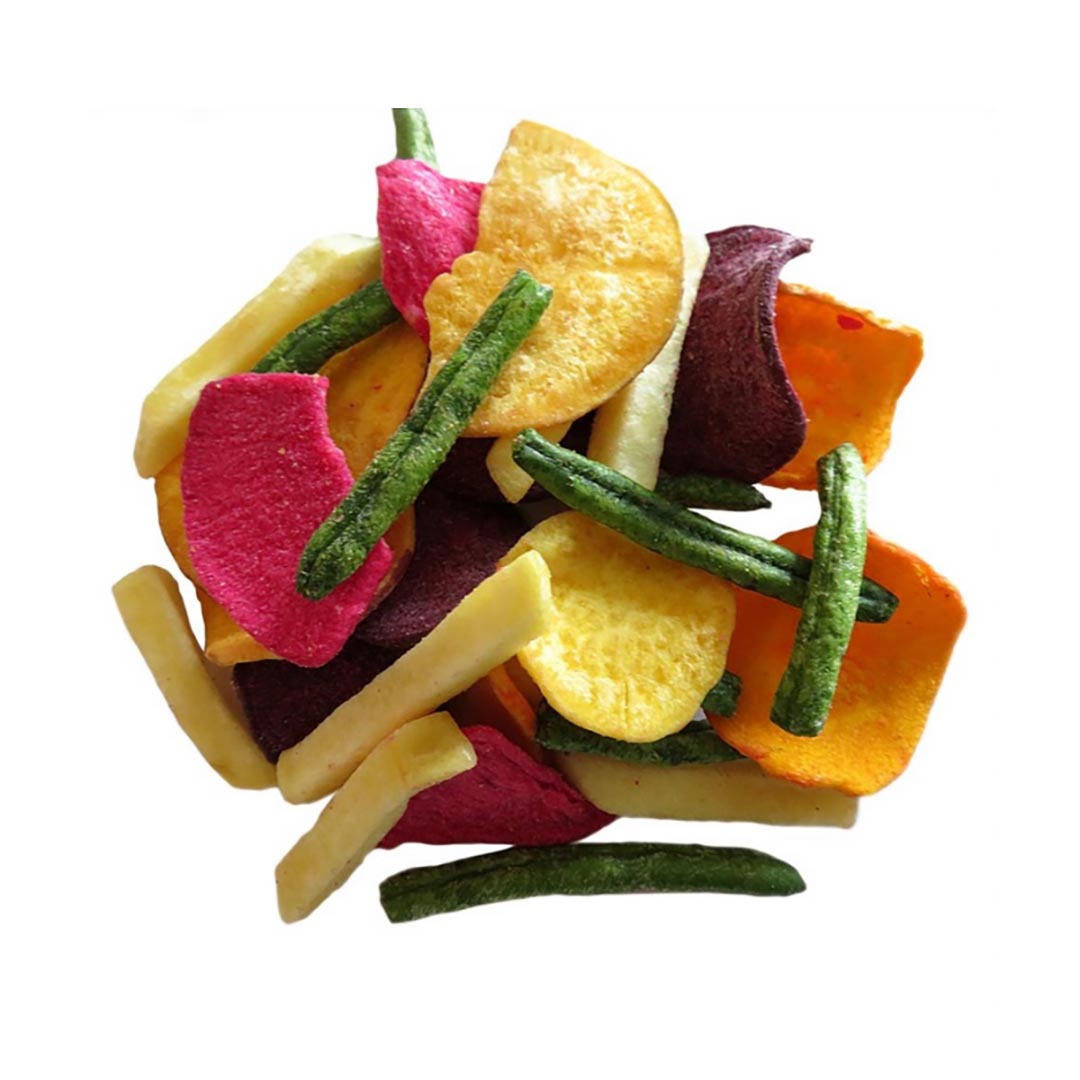
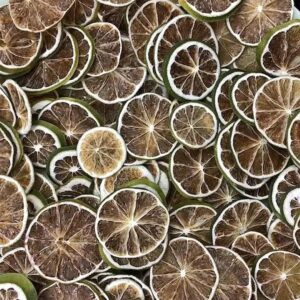
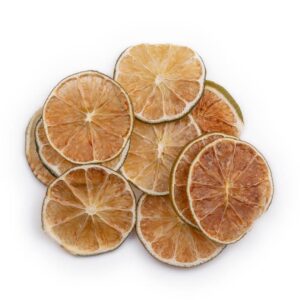
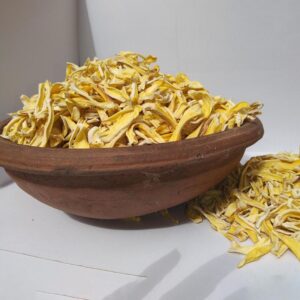
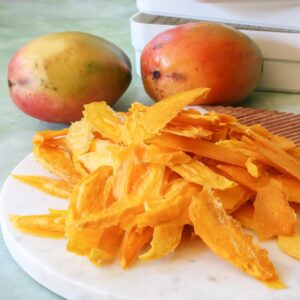
Reviews
There are no reviews yet.